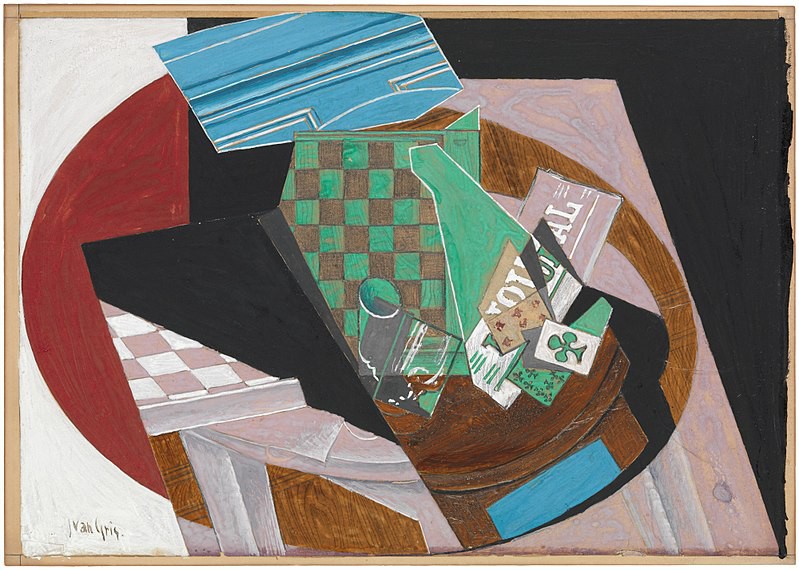Watch
Events
Articles
Market
More
"Checkerboard and Playing Cards" by Juan Gris, Paris, 1915.
https://commons.wikimedia.org/....wiki/File:Checkerboa
Tell me about a Strange thing that intrigues you!
Every working day I post an OOM for the Strange things of our Maker.
ofourmaker.com
#dailyoom




Wires sheathed in right-hand pages, billing worked under the chassis, my labour.
While an open horn stretched over the generated, marble engines cracked out portentous tones over the enervated.
"Chorus, then turn the hand into the baskets; no one has known the layout and crossing such as I."
We told them the gather was a peregrin before the sheet came to itself - no one tied the devices into streams of procedural steam. I reckon vile will run.
The strings of the instruments, they rolled in the scrolled notes, till debtors dug the ditch and found the iron root by force.
#dailycreatedoom #writtenoom 2023/08/30


